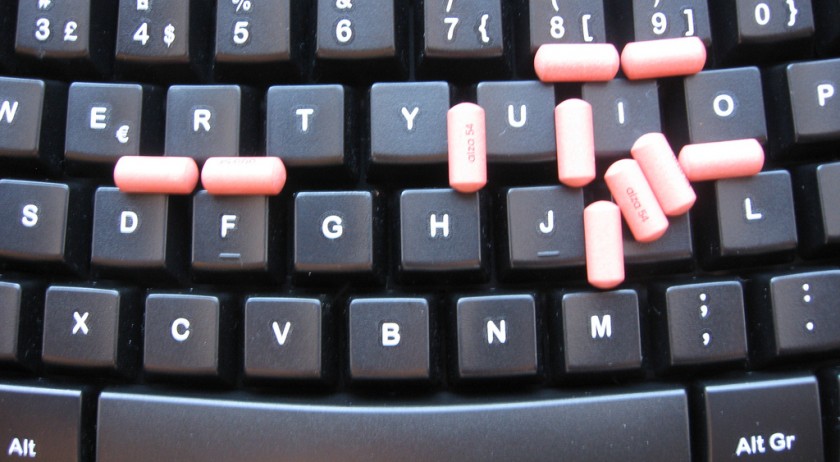This June, at the annual Games for Health conference in Boston Massachusetts, the team at LearningWorks for Kids presented our findings on the health benefits of video games for children with ADHD. The title of the symposium was, “Prescribing Video Games, not Medication for ADHD.”
As many parents, educators, and clinicians recognize, the single most powerful tool for treating ADHD is medication, which can be highly effective in improving attention, reducing impulsivity, and helping children to shoulder the responsibilities of school and home. However, medications do have some side-effects and, used alone, they do not directly assist in improving executive function skills — skills affected by ADHD — like planning, organization, and problem-solving.
I do not recommend prescribing video games instead of medication to treat the symptoms of ADHD, as medication can often help a child locate and display their personal strengths. That being said, there is a place for the use of video games and other brain-training technologies in improving a variety of attentional and learning skills. While we are still in the infancy of applying these technologies to disorders such as ADHD, Autism Spectrum Disorders, and learning disabilities, action-based video games, programs that train working memory, and supportive apps are tools that show incredible promise.
You can see the slideshow we used during our presentation here. It describes a number of the most compelling reasons to consider the use of video games and technology as a form of ADHD treatment. I encourage parents and educators to consider this approach, keeping in mind that we are still developing these tools and that we have much more to learn before they become a primary mode of intervention.




